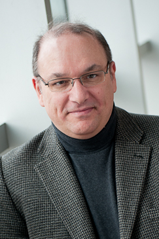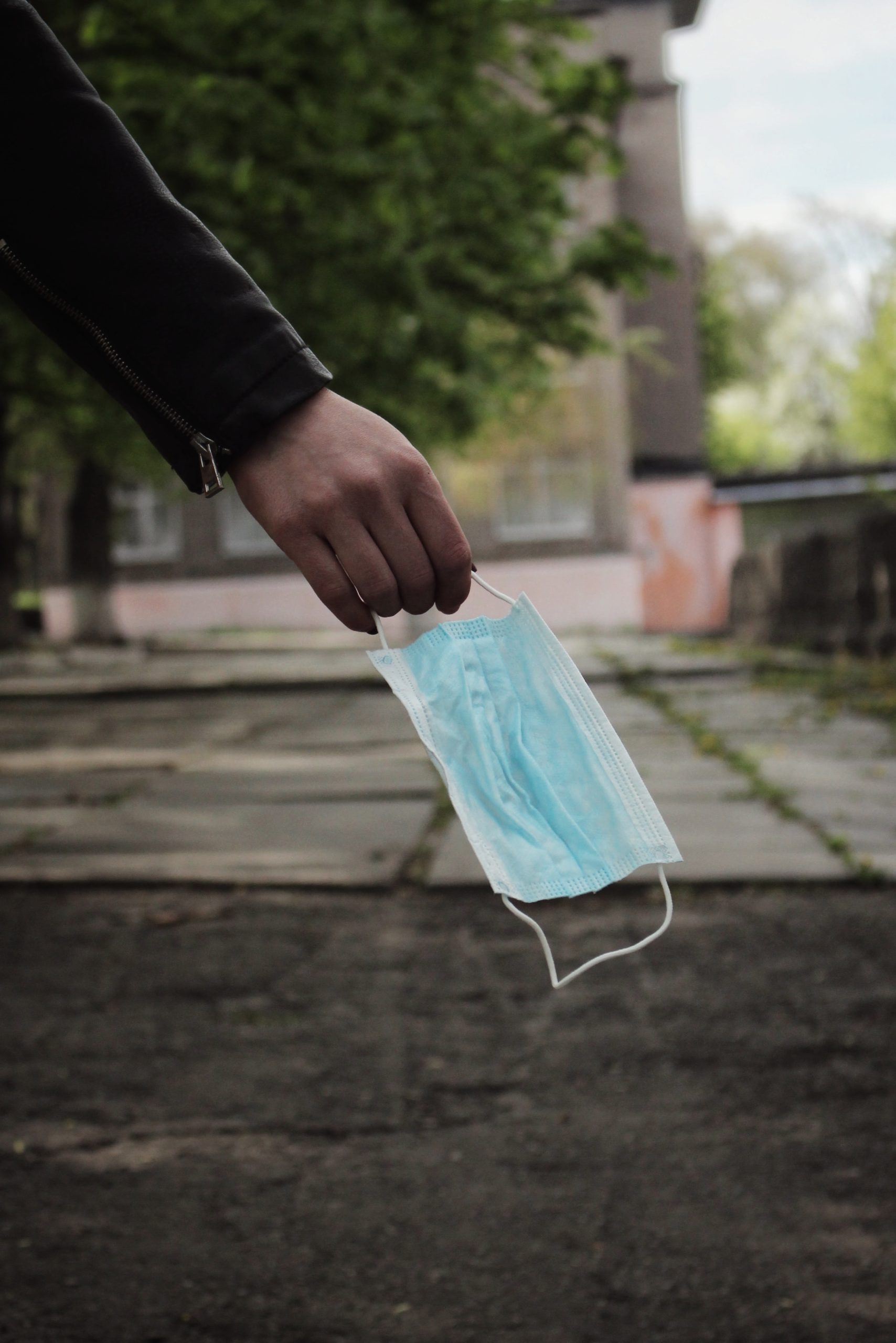Abstract:
Policy decisions made during the COVID-19 pandemic were commonly defended by decision-makers on the grounds they were ‘following the science’. This suggested decision-makers were relying heavily on the advice of experts in public health, notably infectious disease physicians, to inform policy decisions. This raises important questions about the exact nature and role of scientific evidence in public health policymaking, the normative nature of public health decisions, and the weight that ought to be placed on health relative to other social goods. This talk will examine the inherent weaknesses and deeply rooted assumptions of conventional public health policymaking and suggest ways in which we should rethink making the case for policy decisions in public health.
Speaker Profile:
 Patrick Fafard has enjoyed a lengthy career that spans both government and academe. While with the Government of Canada he served as a Director General in the Intergovernmental Affairs Secretariat of the Privy Council Office. Earlier, he served in multiple capacities with three provincial governments, including as Executive Director of the Saskatchewan Commission on Medicare (2000-2001), and Executive Director, Policy and Planning, Saskatchewan Department of Health. Patrick’s academic interests are wide-ranging, and he is the author, co-author or editor of numerous publications on health, trade, and environmental policies, and federalism and intergovernmental relations in Canada. He is the co-editor of the monograph series, Palgrave Studies in Public Health Policy Research. Patrick’s current teaching and research includes the role of senior public health leaders in Commonwealth countries, global health governance to address the challenge of antimicrobial resistance, the governance of organ donation and transplantation, and developing public health political science. He is Senior Investigator in the Global Strategy Lab (York University and University of Ottawa) and serves in leadership roles for the Centre for Health Law, Policy and Ethics, the Ottawa Hub for Harm Reduction, and the Institute for Science, Society and Policy at the University of Ottawa.
Patrick Fafard has enjoyed a lengthy career that spans both government and academe. While with the Government of Canada he served as a Director General in the Intergovernmental Affairs Secretariat of the Privy Council Office. Earlier, he served in multiple capacities with three provincial governments, including as Executive Director of the Saskatchewan Commission on Medicare (2000-2001), and Executive Director, Policy and Planning, Saskatchewan Department of Health. Patrick’s academic interests are wide-ranging, and he is the author, co-author or editor of numerous publications on health, trade, and environmental policies, and federalism and intergovernmental relations in Canada. He is the co-editor of the monograph series, Palgrave Studies in Public Health Policy Research. Patrick’s current teaching and research includes the role of senior public health leaders in Commonwealth countries, global health governance to address the challenge of antimicrobial resistance, the governance of organ donation and transplantation, and developing public health political science. He is Senior Investigator in the Global Strategy Lab (York University and University of Ottawa) and serves in leadership roles for the Centre for Health Law, Policy and Ethics, the Ottawa Hub for Harm Reduction, and the Institute for Science, Society and Policy at the University of Ottawa.



